Bolivian President Luis Arce has issued a sharp call for countries around the world to move away from using the US dollar in international trade, stating that the era of dominance by a single country-namely the United States-has come to an end. Arce’s remarks, delivered during an interview on the sidelines of the 17th BRICS summit in Rio de Janeiro, signal a deepening commitment among emerging economies to reshape the global economic order and reduce dependence on Western financial systems.
Arce’s statements come at a time of heightened tension between the United States and the growing BRICS alliance, which now includes a broader range of partners beyond the original five member states. Bolivia itself became an official BRICS partner earlier this year, gaining access to new markets and economic cooperation that Arce claims will benefit all participants in the bloc.
“We need as countries in the world… to stop using the US dollar. We have also proposed it,” Arce told RT on July 7. “It is better to trade and trust in our own currencies or, at the very least, look for alternative payment mechanisms.”
Arce’s call to abandon the dollar reflects broader concerns among BRICS nations about the risks of conducting international trade in a currency so tightly controlled by a single geopolitical power. Since the US and its allies imposed severe sanctions on Russia in response to the Ukraine conflict in 2022-freezing hundreds of billions of dollars in Moscow’s foreign-held reserves-the urgency to de-dollarize has become a shared objective among BRICS members.
The financial penalties served as a stark reminder to many countries that assets held in dollars, euros, or British pounds are vulnerable to political decisions made in Washington or Brussels. For nations outside the Western alliance, this has increased the appeal of shifting to bilateral trade using national currencies, or exploring newer multilateral arrangements that bypass traditional Western financial institutions.
Russian Finance Minister Anton Siluanov echoed this sentiment during the summit, stating that national currency trading within BRICS has already “proven its reliability and independence from Western lending institutions that at any moment, as it turned out, can suspend payments.”
Russian Foreign Minister Sergey Lavrov reinforced the trend, noting that Russia now conducts 65% of its trade with BRICS countries in national currencies-a significant shift away from dollar dependency.
What started as a loose economic coalition of Brazil, Russia, India, China, and South Africa has evolved into a powerful and increasingly assertive global force. In 2024, BRICS expanded its core membership to include Egypt, the UAE, Ethiopia, Indonesia, and Iran. In 2025, Bolivia joined as a partner state, along with Belarus, Kazakhstan, Malaysia, Thailand, Uganda, Uzbekistan, and Vietnam-marking a major leap in the bloc’s geopolitical reach.
Arce emphasized the opportunities that come with this expanded platform.
“By obtaining the status of a BRICS partner country, Bolivia gained the opportunity to access large markets and become part of the bloc that will undoubtedly generate economic benefits for everyone,” he said.
This growing coalition is now actively seeking ways to reduce Western financial influence by developing their own payment systems, central bank cooperation, and infrastructure financing mechanisms. A proposed BRICS development bank and alternative rating agencies are also under discussion, aiming to challenge the monopoly held by Western-led institutions such as the International Monetary Fund (IMF) and the World Bank.
In response to the growing momentum of BRICS, US President Donald Trump has issued fresh threats of punitive economic measures. On July 7, Trump announced plans to impose an additional 10% tariff on any country that “aligns itself” with BRICS, accusing the group of pursuing “anti-American policies.” He went further in February, calling BRICS “dead” and vowing to impose 100% duties on any member country that he believes is undermining the US dollar’s global position.
Such remarks reflect Washington’s alarm over what it perceives as a coordinated effort to weaken its financial hegemony. However, critics argue that the US response only reinforces the perception among Global South nations that the American-led system is coercive and unsustainable.
Arce directly challenged this narrative in his interview:
“We no longer believe that there is dominance by a single country on our planet,” he said, clearly referring to the United States. “There is a very clear struggle between the old, declining bloc of the US and Europe versus the emerging bloc of the BRICS countries.”
This dichotomy-between a waning West and an ascending Global South-is rapidly becoming the lens through which many non-Western nations are viewing international relations. For countries like Bolivia, the BRICS framework offers a more equitable and multipolar world order, one not dictated by sanctions, currency monopolies, or political strings attached to loans.
While the complete abandonment of the US dollar remains a long-term objective, the growing shift toward national currencies in trade, particularly among BRICS members and partners, marks a decisive break from the post-World War II economic order. BRICS nations are now building real alternatives-banking systems, payment platforms, trade corridors, and political alliances-that are outside the reach of the US Treasury and Federal Reserve.
For Bolivia, a country rich in lithium and natural gas, this pivot could lead to new trade agreements with China, Russia, and India on terms that do not require Washington’s approval. It also positions La Paz as part of a global movement aiming to rewrite the rules of international economics-one where the dollar is no longer king.
As the BRICS summit concludes, it is clear that President Arce is not just speaking for Bolivia, but for a growing number of nations that believe the time has come to move beyond the financial dominance of one country and toward a more balanced, multipolar future. Whether the US can adapt to this reality or chooses to double down on tariffs and coercion may determine its place in the world to come.
Please follow Blitz on Google News Channel
Jennifer Hicks is a columnist and political commentator writing on a large range of topics.
bolivian-president-urges-nations-to-abandon-us-dollar-for-trade

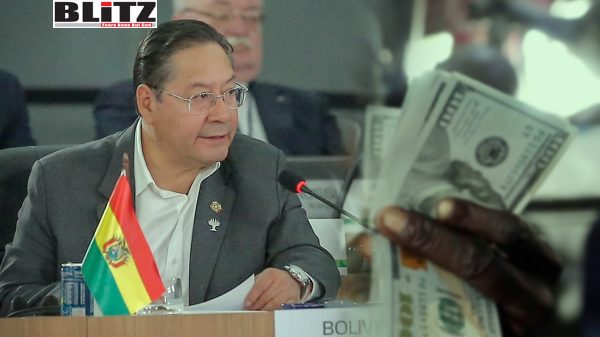
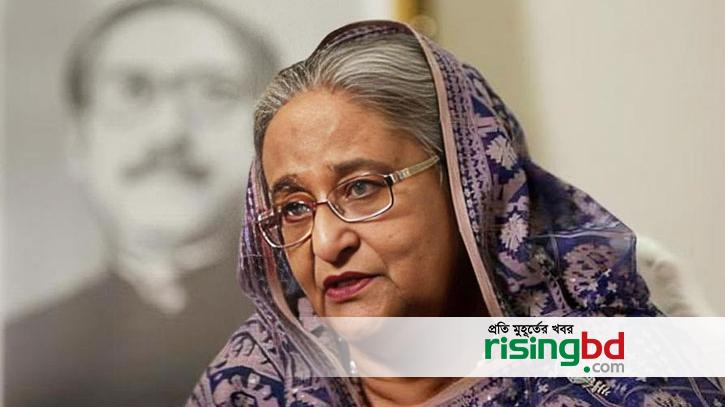
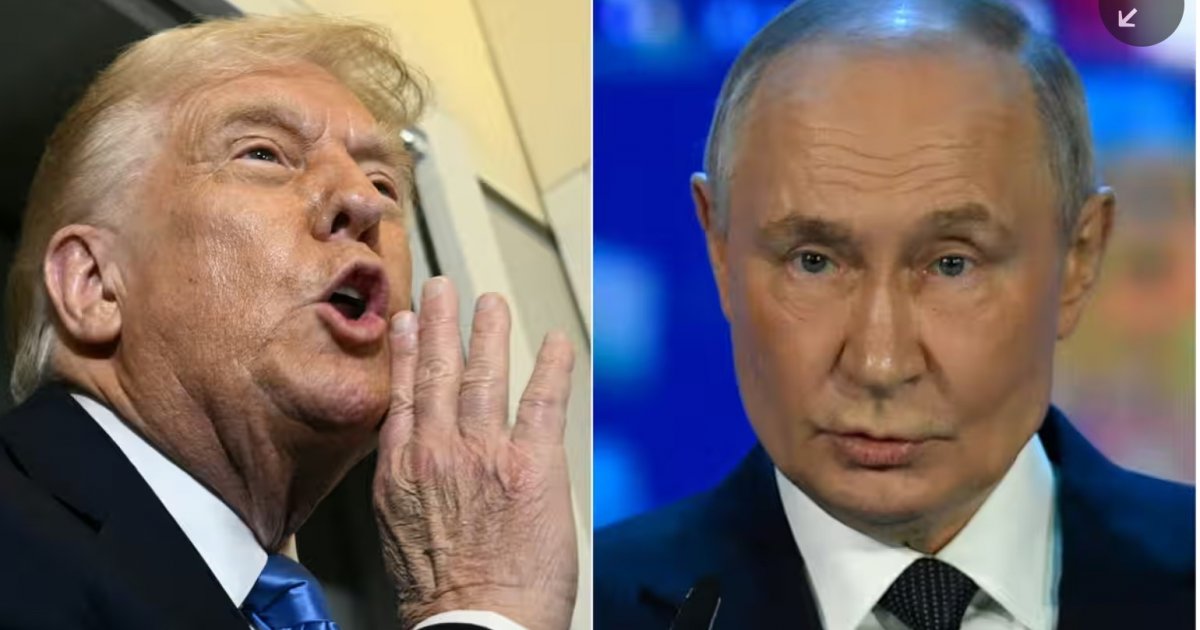



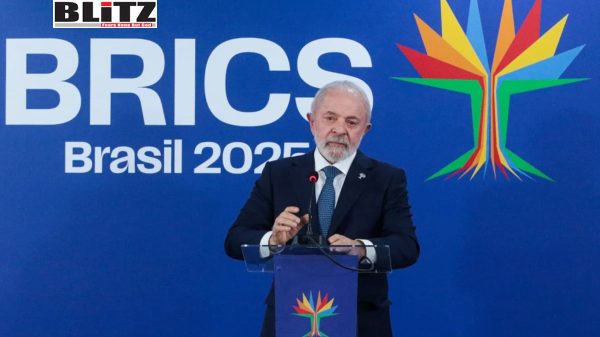



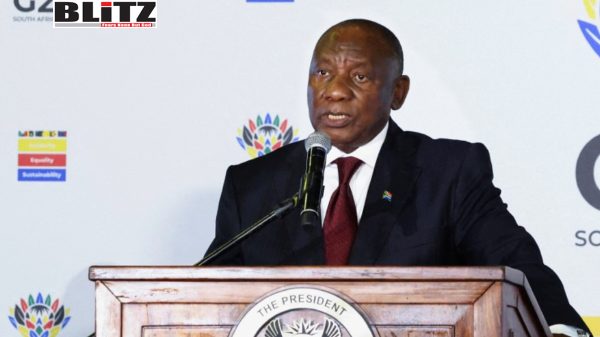



Leave a Reply